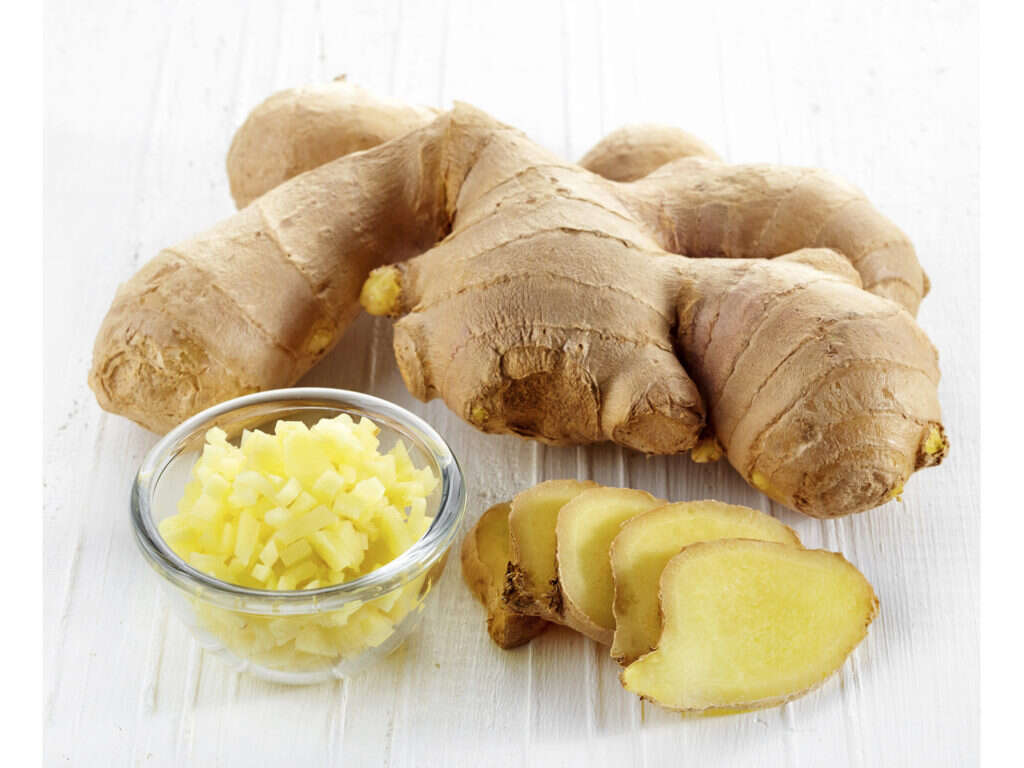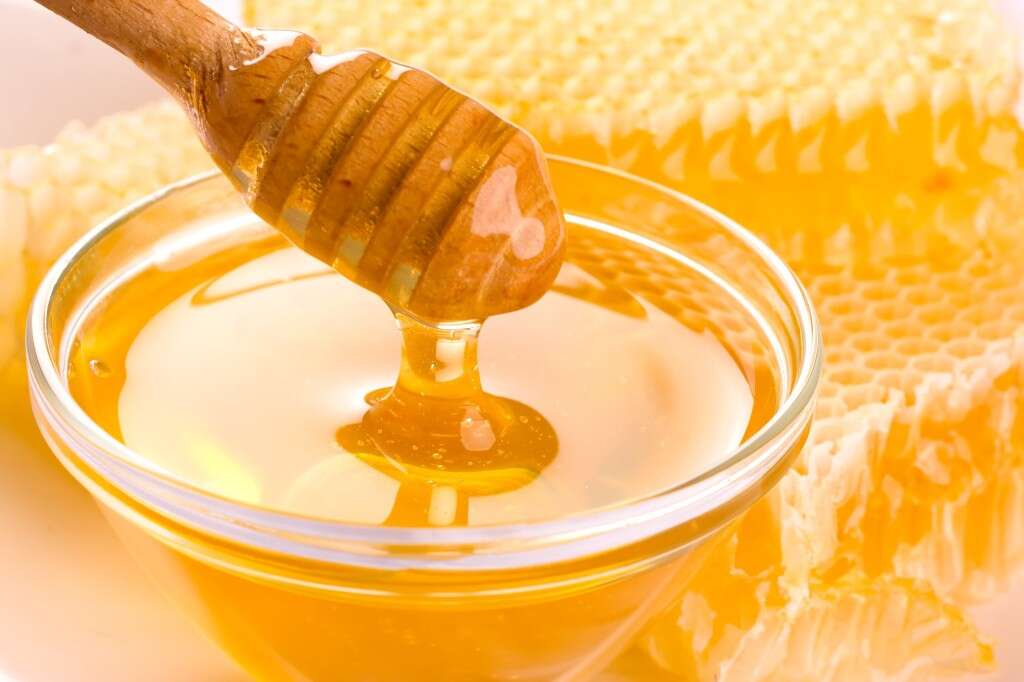10 Home Remedies For Asthma
Asthma is a chronic condition where there is inflammation of the airways. Individuals with asthma often experience episodes of chest tightness, wheezing, coughing, and shortness of breath that may worsen with exercise or at night.
Asthma is believed to be due to a combination of environmental and genetic factors. While there is no cure, symptoms can be controlled through the prevention of triggers and by taking medications such as inhaled corticosteroids, long-acting beta agonists, and antileukotriene agents. Severe cases may lead to intravenous medications and hospitalization.
It is a condition that has a significant negative impact on the quality of life as it limits the activities that the affected individual can participate in. Besides conventional treatment, there are also home remedies available for asthma that may be beneficial.

Home Remedy #1: Ginger
Ginger is a plant where the root can be used for culinary and medicinal purposes. Ginger has been said to be beneficial in the alleviation of nausea and vomiting. However, there is insufficient scientific evidence to support this effect. Ginger has analgesic and antioxidant properties.
Ginger may also be an effective home remedy for asthma as its components with anti-inflammatory properties can reduce inflammation. It is also believed to help clear out mucus and reduce swelling from the airways.

Home Remedy #2: Garlic
Garlic is a plant of the genus Allium. It is native to northeastern Iran and Central Asia. It has a long history being consumed and used in folk medicine. There have been various claims regarding its benefits for cardiovascular health, cancer, and the common cold.
For asthma, it is thought to be beneficial due to its anti-inflammatory properties. To take garlic for asthma, it can be boiled in water. The affected individual can drink this once a day. Some studies have suggested that garlic can help reduce asthma symptoms with some going on to say it may cure asthma symptoms with time.

Home Remedy #3: Eucalyptus Oil
Eucalyptus oil is made from leaves of eucalyptus, a plant from the Myrtaceae family that is native to Australia. This oil can be used in pharmaceutical preparations to help alleviate symptoms of colds and influenza. It can be found in products such as lozenges, cough sweets, inhalants, and ointments.
It is believed that eucalyptus oil has some antibacterial effects on bacteria in the respiratory tract. It is a good ingredient to help clear out blocked airways. For asthma, eucalyptus inhalation helps break down mucus. Eucalyptus oil can be dropped on a towel or napkin for inhalation purposes as it helps improve sleep. It can also be added into boiled water for steam inhalation.

Home Remedy #4: Honey
Honey is made by bees through the collection of flower nectar. It can be collected from the honeycombs for human consumption. Honey has been used in folk medicine for various issues. It has antibacterial properties, which led it to be used in the treatment of burns and wounds.
For asthma, it is one of the oldest natural remedies. It is also used for other respiratory issues as it helps to clear phlegm from the throat and airways. The consumption of honey before bed can also improve sleep quality. Honey can be consumed by swallowing a teaspoon or mixing it in a glass of water.

Home Remedy #5: Mustard Oil
Mustard oil refers to oil that are made from mustard seeds. Mustard oil contains erucic acid and alpha linolenic acid. It is thought to be a home remedy for asthma as it helps open up the airways. It can be massaged onto the chest multiple times until the symptoms subside. Heating a combination of mustard oil and camphor can also be beneficial.
It is important to note that mustard oil consumption is not recommended due to its high content of erucic acid. Mustard oil has also been found to be beneficial for infant massage as it helps improve the length and weight of the baby.

Home Remedy #6: Omega-3 Fatty Acids
Omega-3 fatty acids are polyunsaturated fatty acids. They can be categorized into eicosapentaenoic acid (EPA), docosahexaenoic acid (DHA), and alpha linolenic acid (ALA). They have been thought to be beneficial for cardiovascular disease, cancer, inflammation, mental health, and developmental disabilities. Despite various claims, there is little to no scientific evidence to support them.
Omega-3 fatty acids are usually found in seeds, nuts, and different types of fish. In asthma, it is thought to be a good remedy as it helps reduce reactivity of the immune system and manage airway inflammation.

Home Remedy #7: Red Onions
An onion is a type of vegetable of the genus Allium. Onions are a kitchen staple and are widely used as a home remedy for many conditions. They are believed to help with colds, repelling mosquitoes, stopping a bloody nose, improving insomnia, removing splinters, eliminating age spots, soothing menstrual cramps, and relieving a sore throat. They are also believed to be an effective home remedy for asthma.
Onions are thought to have anti-inflammatory, antioxidants, antibacterial, and antiviral properties. Combined, they can be helpful for individuals with asthma. Studies have also found that onions contain thiosulfinate, anthocyanin cyanidin, and quercetin, which can be beneficial for those with asthma.

Home Remedy #8: Coffee
Coffee is a drink that is brewed from roasted coffee beans. Coffee has been associated with improved health outcomes at usual intake levels. Exceptions include women who are pregnant.
Studies from 2012 and 2016 found that coffee consumption was associated with a lower risk of death. Other researches have suggested that it may reduce the risk of cardiovascular disease, increase anxiety, lower the likelihood of Parkinson’s disease, and lower the risk of type 2 diabetes. It is also thought to be an effective home remedy for individuals with asthma as it contains caffeine. The caffeine works by opening up constricted and narrow airways.

Home Remedy #9: Black Seed Oil
Black seed oil is made from a plant known as Nigella sativa which belongs to the Ranunculaceae family. This plant has been used in various traditional healing methods. Black seed is also known as black cumin, kalonji, or black caraway. It has been associated with the ability to reduce blood pressure, improve digestion, support the liver, stimulate appetite, alleviate diarrhea, reduce inflammation, relieve pain, and strengthen skin or hair. It has also been used as a home remedy for asthma due to its antispasmodic effect where it can help reduce the contractions in the airway.
Studies conducted on animal models found that animals given black seed supplement had reduced pulmonary inflammation and an increase in respiratory performance. Studies have also been conducted on humans. They concluded that black seed helps improve asthma symptoms.

Home Remedy #10: Choline
Choline is similar to B vitamins and can be found in foods such as nuts, beans, fish, meats, liver, peas, spinach, eggs, and wheat germ. Choline is used for various conditions such as depression, chronic hepatitis, dementia, memory loss, cirrhosis, Huntington’s chorea, seizures, and schizophrenia. It is an important component for the normal function of the nervous system.
In asthma, choline can help decrease inflammation and swelling of the airways. It has been observed that the consumption of choline decreases the symptoms and duration of asthma. It also reduces the need for bronchodilators. Some evidence has led to the suggestion that a dose of 3 grams daily may be more effective than lower doses.











